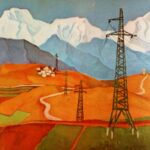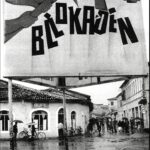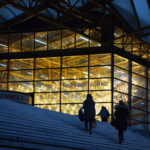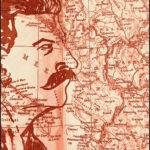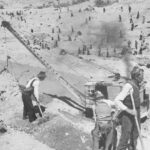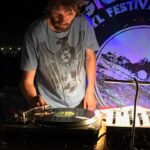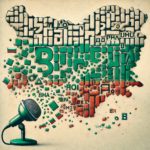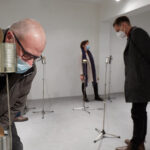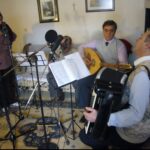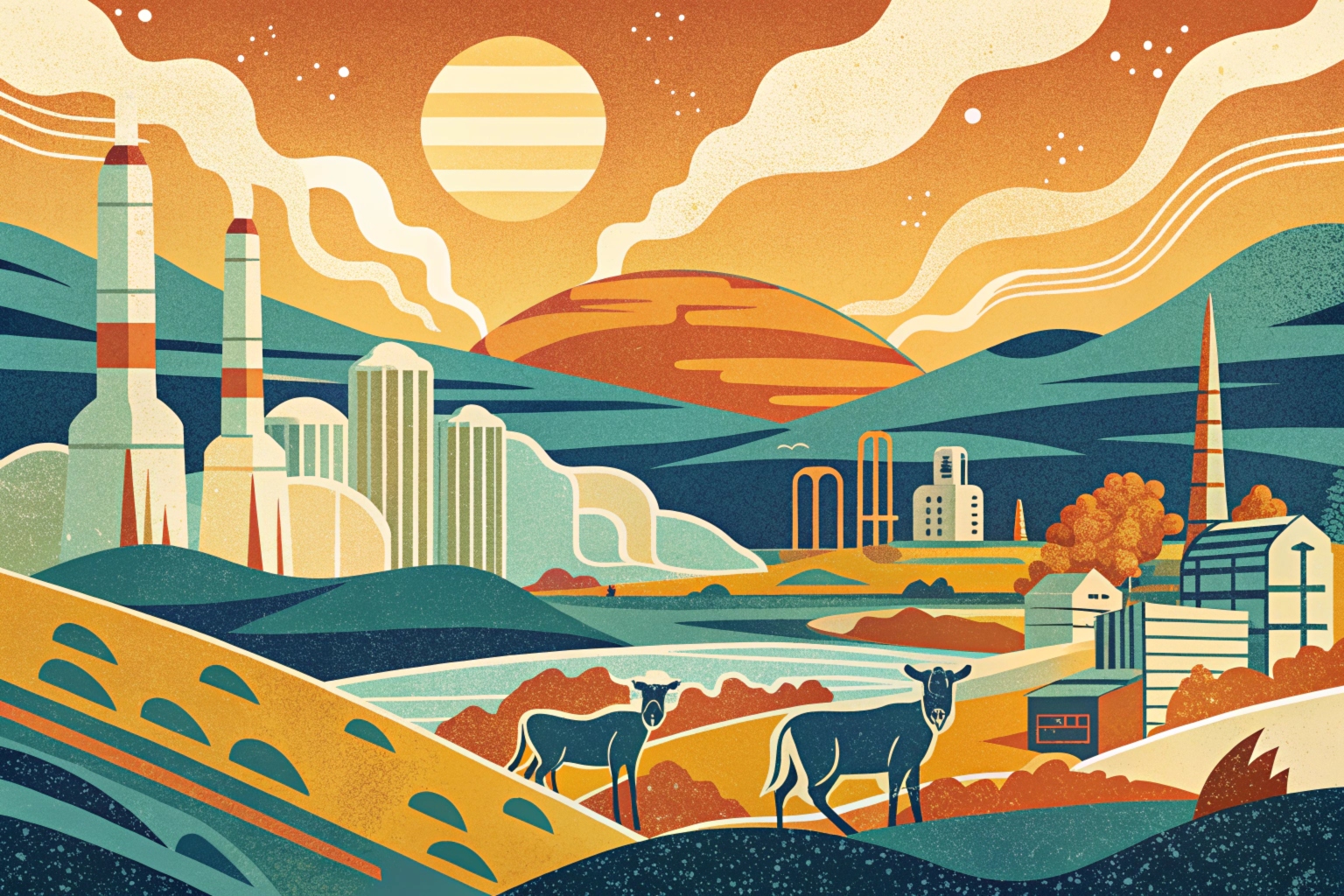Change
Transformation
Transition
The International Academic Week 2023
The International Academic Week 2023 organized and funded by the Southeast Europe Association e.V. (SOG) aimed to explore and analyze recent change in Southeast Europe along three dimensions: (1) the political, economic, and social pathways of transition (representing the macro level); (2) the perceptions and (embodied) experiences of induced dynamics on an individual or collective basis (representing the micro level); (3) the reproduction and reflection in media, music, and visual arts, i.e. the rhetoric and practice of related phenomena. These dimensions related to three major scales: space, time and culture which allowed for a diachronic and comparative analysis. This website allows to navigate across these three different scales, but it also invites the reader to dive into the topic following the seven thematic threads offered in the menu section.
For reasons detailed below, we refer to this phenomenon as change·transformation·transition and in the symposium, we adopted an interdisciplinary, open, and innovative platform that incorporated diachronic perspectives on space, society, arts, and culture beyond national or ethnic histories. The primary temporal focus of our discussions was the second half of the 20th and early 21st century. As we addressed an audience of scholars from a wide range of interdisciplinary fields, including political, social, and economic sciences, geography, history, anthropology, and communication, media and sound studies, central questions emerged: What are we talking about when referring to „change“? What are the different meanings and interpretations of change, transformation, and transition? How can we attend to change·transformation·transition and what kind of embeddedness can we afford? In our search for answers, we aimed to overcome authoritative academic voices by shifting away from propositional and prescriptive monologues towards open-ended collective conversations.

